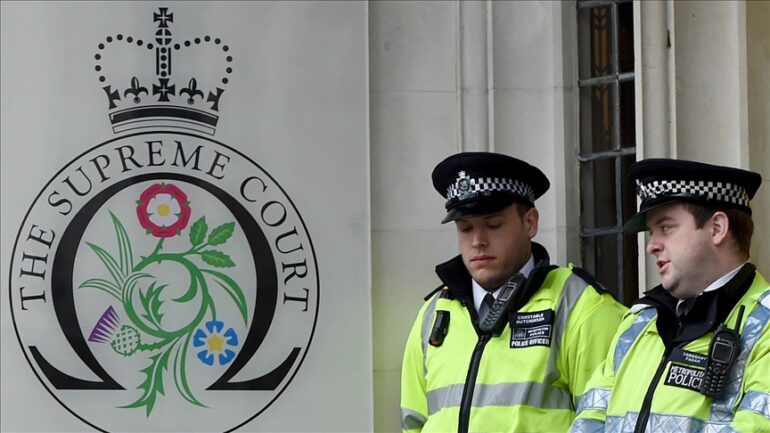TL;DR:
- UK Supreme Court’s landmark ruling: AI cannot be named as an inventor for patent rights.
- Stephen Thaler’s attempt to recognize his AI, Dabus, as an inventor of a food container and flashing light beacon.
- Intellectual Property Office (IPO) and lower courts had previously denied the request.
- Supreme Court’s unanimous decision: Inventor status exclusively for humans.
- The judgment doesn’t determine whether Dabus actually invented the products.
- Stephen Thaler’s concerns about potential consequences for AI innovation.
- Ongoing debate on the role of AI in patent rights and innovation.
Main AI News:
In a groundbreaking decision, the UK Supreme Court unequivocally established that artificial intelligence (AI) cannot hold the prestigious title of inventor when it comes to securing patent rights. The judgment, delivered with utmost clarity, states that the role of an inventor is reserved solely for human beings.
This historic ruling comes in response to a bold attempt by technologist Stephen Thaler, who sought recognition for his AI creation, Dabus, as the innovative force behind a novel food container and a brilliant flashing light beacon. His aspiration to bestow inventor status upon AI encountered a formidable challenge from the Intellectual Property Office (IPO) back in 2019, which, without hesitation, declared that only individuals possessed the requisite qualifications to bear the coveted inventor label. This standpoint was subsequently upheld by both the High Court and the Court of Appeal, leading to the ultimate showdown in the Supreme Court.
With a unanimous verdict, the five-member bench of the Supreme Court firmly rejected the endeavor to overturn prior rulings. In their collective wisdom, they affirmed that an inventor, by definition, must be a person, thereby extinguishing any prospect of AI entities being granted patent rights.
It is important to note that this landmark judgment does not delve into the question of whether Dabus, the AI in question, genuinely conceived the revolutionary food container or the mesmerizing flashing light beacon.
For Stephen Thaler, the creator of Dabus, this ruling represents a critical setback. He has long held the view that Dabus possesses a form of machine intelligence that is conscious and sentient, a perspective not shared by all. Thaler has voiced concerns about the potential ramifications of denying AI inventions the protections afforded to human innovations. He contends that this stance may inadvertently foster dishonesty and even illicit behavior, a perilous path that society, by all indications, would prefer to avoid.
The legal battle may be over, but the debate on the role of AI in innovation and patent rights is far from settled. As technology continues to evolve at an unprecedented pace, legal frameworks and societal norms must adapt accordingly to ensure a fair and equitable future for all inventors, whether they be human or artificial.
Conclusion:
The UK Supreme Court’s ruling definitively excluding AI from inventor status sets a significant precedent. While providing legal clarity, it also raises questions about the future of AI innovation and its protection under patent law. This decision underscores the need for continued adaptation of legal frameworks to accommodate evolving technology trends and ensure equitable treatment for all inventors in an increasingly AI-driven market.

